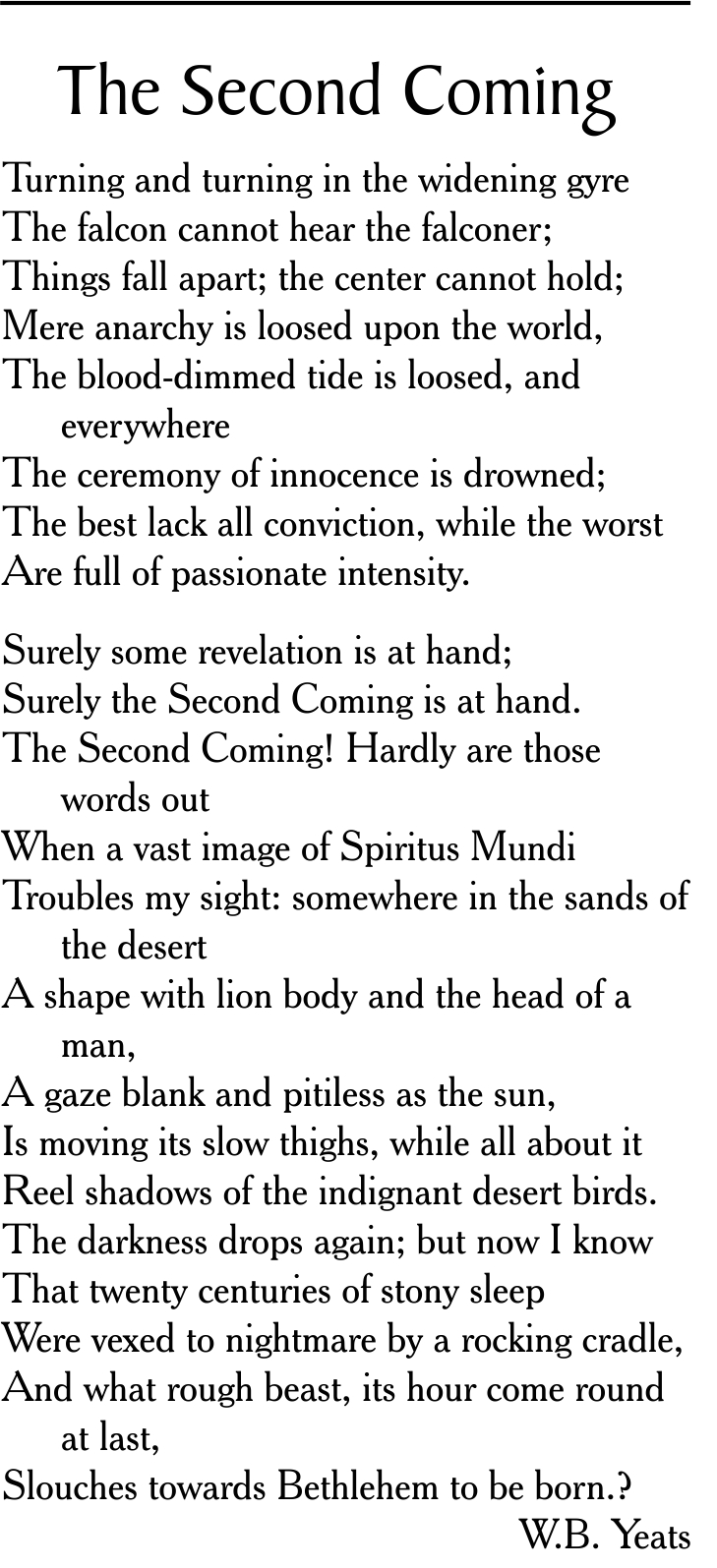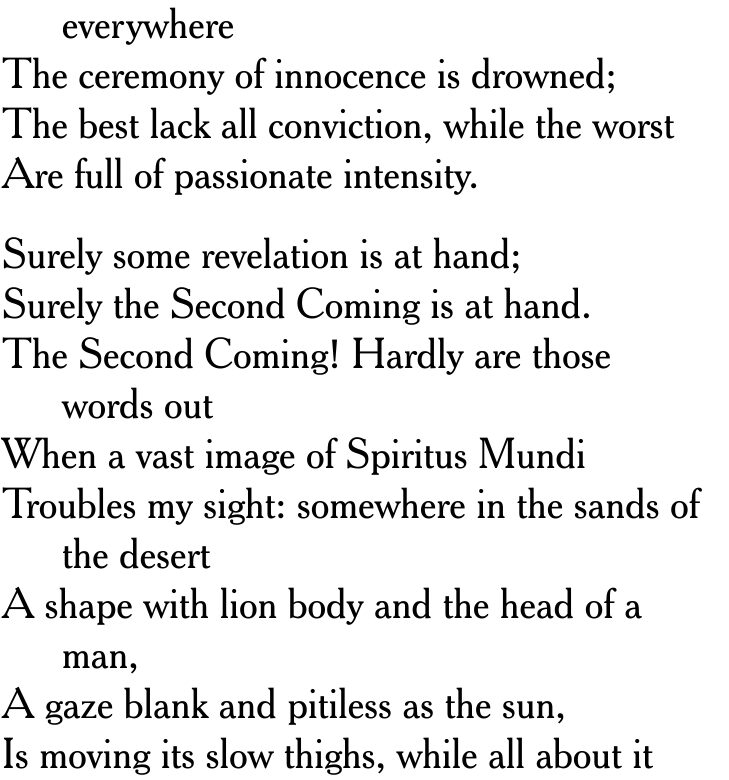Editorials
Pope Francis Mustn’t Be Held Hostage to The Rot in His Own Church
Michael W. Higgens, Fairfield, Conn.
Volume 33 Issue 1, 2 & 3 | Posted: March 28, 2019

Pope Francis provides a universal moral voice we desperately need when there is so much insular nationalism, political posturing and empty promises by empty leaders on issues of grave consequence. His leadership on migration and environmental issues, as well as his extraordinary breakthrough in Christian-Muslim dialogue as evidenced by his recent trip to the United Arab Emirates all attest to his bold and credible witness to truth, compassion and human solidarity.
And yet, Francis is held hostage to the rot within his own church.
Time for liberation. And possibly, just possibly, the summit convened by the pope to address the worldwide aftershocks of sexual abuse – Feb. 21-24 in Rome – could provide the forum for a serious first step in establishing an integrated and global approach for a global church.
Pope Francis provides a universal moral voice we desperately need when there is so much insular nationalism, political posturing and empty promises by empty leaders on issues of grave consequence. His leadership on migration and environmental issues, as well as his extraordinary breakthrough in Christian-Muslim dialogue as evidenced by his recent trip to the United Arab Emirates all attest to his bold and credible witness to truth, compassion and human solidarity.
And yet, Francis is held hostage to the rot within his own church.
Time for liberation. And possibly, just possibly, the summit convened by the pope to address the worldwide aftershocks of sexual abuse – Feb. 21-24 in Rome – could provide the forum for a serious first step in establishing an integrated and global approach for a global church.
There have been many first steps before, of course, including the creation of a pontifical commission (from which there were a slew of important resignations), unprecedented summonings of national hierarchies to account, many episcopal resignations and countless meetings with survivors. But still the scandals unfold.
When an Indian bishop allegedly raped a nun multiple times over two years, the church’s initial response was to discredit and silence the nun and her community, but these strategies have backfired; a major report on the sexual abuse of sisters in Africa by local priests – completed in the early 1990s and then shelved – has resurfaced with a vengeance; and the U.S. episcopate looks on with near paralysis at the state-by-state judicial initiatives to unearth the names and crimes of priests dead and retired.
Never was there greater need for such a summit. Much depends on it and these expectations themselves may be a subsequent source of despair: There is only so much that can be done in four days for a church that is genuinely universal, culturally diverse, and tradition-bound.
But Francis must do something and be seen to do something that is more than an expression of remorse, outrage and moral exhortation.
He will listen – and he does listen, unlike some of his predecessors – and he will meet with the various bodies gathered – presidents of some 115 bishops’ conferences, heads of Eastern churches in union with Rome, members of male and female religious orders, heads of the appropriate Vatican offices, a scattering of his choice cardinals, as well as the members of the committee he charged to organize the summit. There will also be a parallel assembly of survivors and advocates, penitential liturgies, and significant media outreach to ensure the voices of lay people, especially those directly affected by the leprosy of abuse, are heard.
Episcopal accountability and how it is exercised are important; erecting structures that can mediate justice in immediate as opposed to delayed terms is a must; reclamation of Catholic moral authority in a moment when it is in tatters is paramount.
We need Francis’s voice and we need it now on so many fronts. How do we free him from the crushing obligations of the clerical sex abuse whirligig? Perhaps, more telling: How does he free himself?
I would suggest by being as bold as a reforming pope should be – and he is a reforming pope – and by addressing the systemic issue of clericalism that moves beyond tinkering, papal platitudes and fervent calls for collective contrition by all members of the church.
Francis and his assembly this week might want to attend to the moving testimony of one of the finest Catholic spiritual writers of our time, Daniel O’Leary, a beloved and popular priest, who died last month in England and whose final reflection includes a lament for the violence done to many by mandatory celibacy, which he attributes to clericalism, “a collective malaise which keeps vibrant, abundant life at bay, quarantines us for life from the personal and communal expression of healing relationships, and the lovely grace of the tenderness which Pope Francis is trying to restore to the hearts of all God’s people.”
Not easy to hear. Prophecy never is. But timing is everything. The publication of French journalist Frédéric Martel’s In the Closet of the Vatican, the defrocking of the former cardinal-archbishop Theodore McCarrick and the steady deluge of scandals confirm the political and moral urgency of Francis’s summit.
Michael W. Higgins is the distinguished professor of Catholic thought at Sacred Heart University in Fairfield, Conn.

Michael W. Higgens, Fairfield, Conn.

